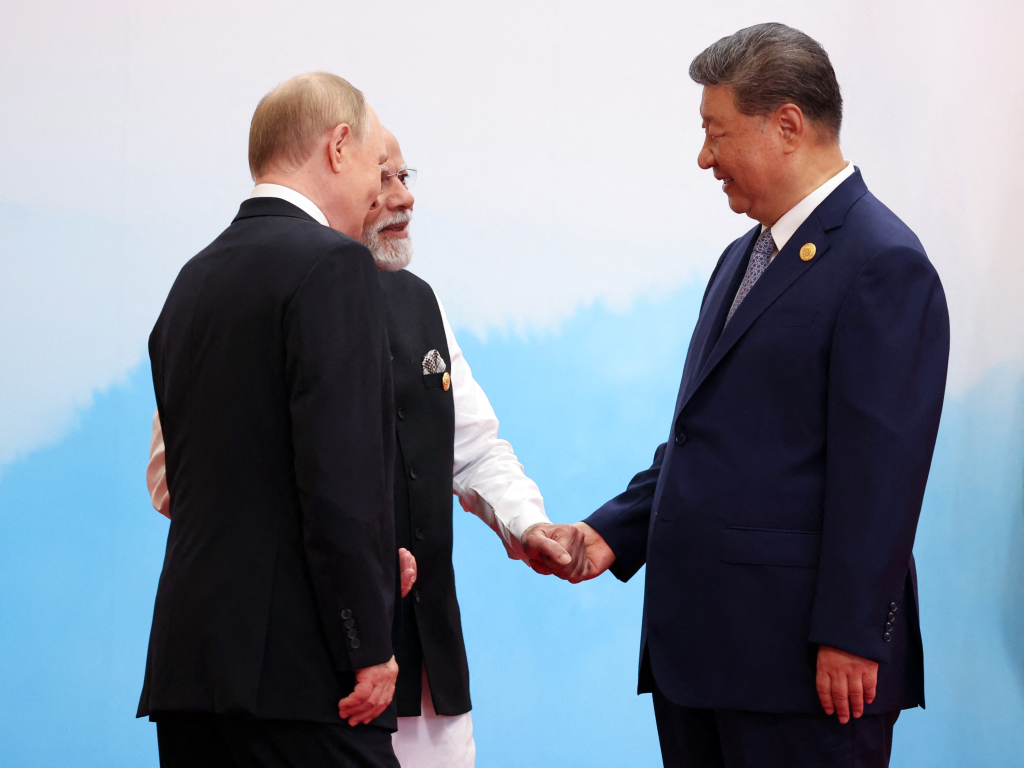By Alexander Kazakov,Kevin D. Williamson
Copyright thedispatch

History has taught us that it has always been hard to resolve the issue of “the one and the many” in politics. It is almost impossible to have a perfect system that sets up a common order acceptable to all political parties. [N.B.: “Parties” here implicitly means “states.”] For example, the issue of national politics has until now never been able to evade Plato’s political curse, namely that a national political system is no more than cyclical alternations between the two extremes of dictatorship and democracy. No system that is positioned between these two extremes can sustain its advantages for long and will eventually decline and swing to one end or the other. Though Plato did not offer sufficient proof for this insight, history seems to be on his side as it constantly bears witness to its validity. Compared with the issue of national politics, world politics is even more challenging. A country with a long history of unification usually carries some collective uniformity , such as in religion, language or history, or at least shares some common interests. However, the world has until now not shown any uniformity or sharability in spirit or interests. So, today’s world remains a mere geographic space, rather than being commonly shared, indicating that it is still in an anarchy. In essence, the world remains in a primitive and natural political state. The introduction of a world politics that can construct a political world is yet to take shape. What we have now is only so-called international politics. This is not the same as world politics, but just a derivative of national politics: strategies for international competition that cater only to national interests. Consequently, international politics still retains its natural primitive nature, rife with conflicts and hostility. The strategies of international politics, based on non-cooperative games, are quintessentially hostile to world politics. Therefore, we need to search for another approach to construct the political world, a new politics that can transcend hostilities.



